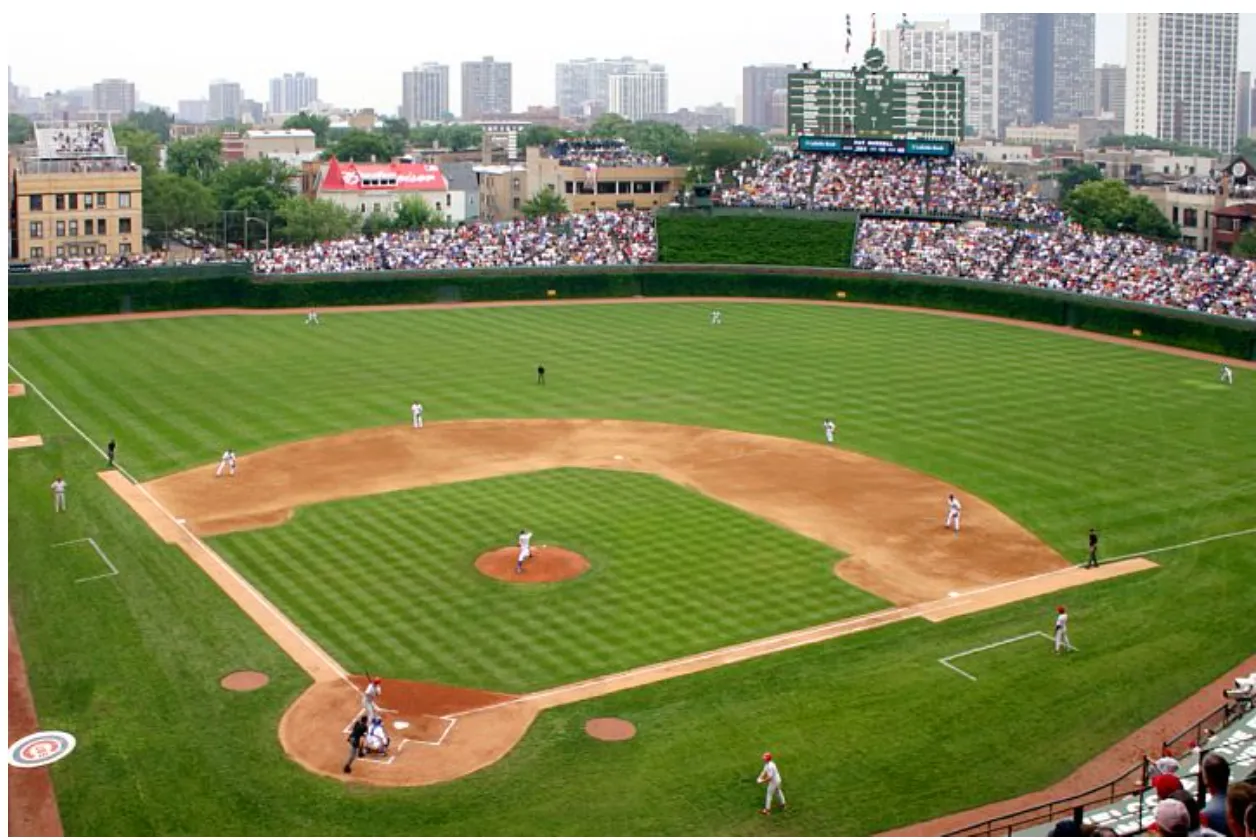Table of Contents
With roots stretching back to before the Civil War, baseball has been a continuous reflection of our nation. Superstars put down their bats and took up arms to save liberty at a time when black players were barred from the major leagues. Cheating, gambling, and steroids at separate times threatened the sport, but baseball has always bounced back. It will never have the skull-crushing hits of hockey, the fast-paced scoring of basketball, or the speed of football, but baseball surpasses all sports with its storied past and unique combination of individual and team accomplishment. It has earned the moniker “America’s Pastime” for a reason.
While other sports have evolved considerably over the past century, baseball is largely the same as it was in the days of Babe Ruth. For 147 years, every game with fans in a National League (NL) ballpark featured all nine players taking the field and stepping up to the plate. But concerns that declining viewership is tied to a lack of excitement caused MLB executives to radically alter baseball. When the Brewers and Cubs opened the 2022 season last month, a crucial aspect of the NL game was missing — the pitchers’ place in batting order was taken by a “designated hitter” (DH) whose sole job is to hit.
Because pitchers specialize at a young age and focus little time on hitting, they have historically been worse hitters than other players. Since the early twentieth century, there have been suggestions that the pitchers’ place in the batting order be taken by a DH. In 1973, the American League (half of MLB teams) adopted the DH rule, while the older NL did not. This split in rules enriched the game by giving each league a unique feel. Bringing the DH to the National League is a counterproductive move that will undermine the sport. It will marginally increase scoring at the cost of removing strategy and special moments from the game.
Part of what makes baseball so special is the individual accomplishments that tie into a team game. A blowout in any other sport makes a fan likely to turn his TV off and move on with his day. But in baseball, a pitcher working a no-hitter or a player one hit away from the cycle is reason enough to remain tuned in, regardless of the score. The debut of a top prospect makes the 130th game of the season exciting for a bad team. And the childlike joy visible on the faces of grown men when a pitcher gets an important hit — or hits a home run — makes a meaningless July baseball game fun to watch. Unless the MLB reverses course, a pitcher circling the bases will be purely a thing of the past.
Watching pitchers hit is often a sad affair. Seeing them utterly baffled by the opposing hurler’s curveball makes it that much more impressive when another player sends a pitch 450 feet into the bleachers. The late-game strategy that the pitcher’s spot introduces — when and who to pinch-hit, whether or not to double switch, and which bullpen arm to bring in — is an added layer that makes watching baseball more interesting.
Meanwhile, the chief argument for bringing the designated hitter to the National League is that the move will increase scoring and by extension the excitement of games. A quick glance at the numbers shows why this argument falls flat. The introduction of the DH in the National League will only increase scoring by 0.16 runs per game.
Another argument for the universal DH, advanced by the Major League Baseball Players Association, is that it would create 15 high-paying positions for veteran players. Like most claims coming from unions, this is nonsensical. Spending on baseball is zero-sum. In the long run, the market will value players based on their contribution to a team’s success compared to other players given budget constraints imposed by ownership. Altering the rules will simply alter the market — some players will win, and others will lose.
In the words of legendary manager Connie Mack, “It is a cardinal principle of baseball that every member of the team should both field and bat.” The introduction of the universal DH completely divorces baseball from this fundamental aspect of the game. Casting aside history and alienating long-time fans is a misguided attempt to appeal to young people, and it should surprise no one if America’s Pastime continues to become less relevant in the coming decades.





